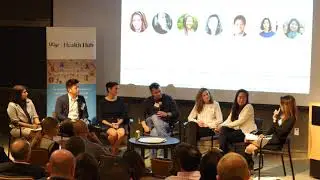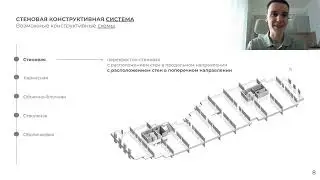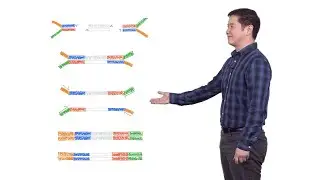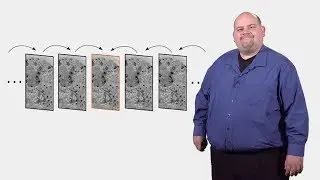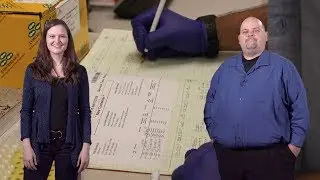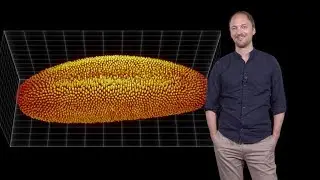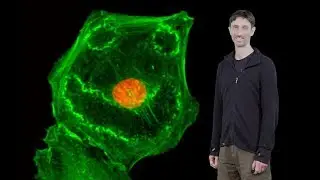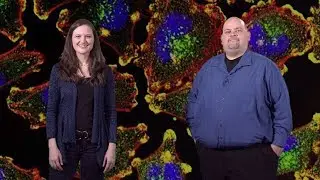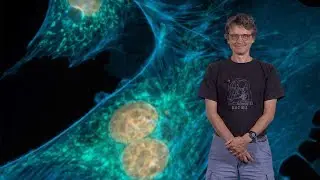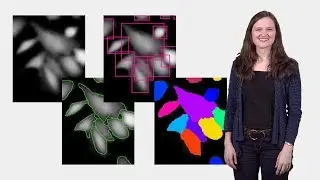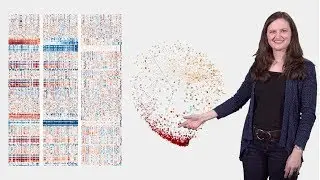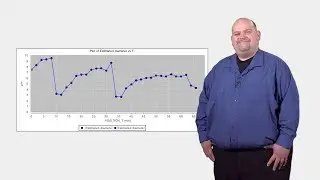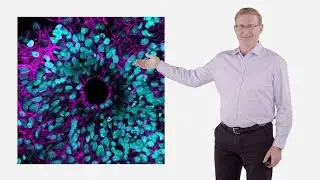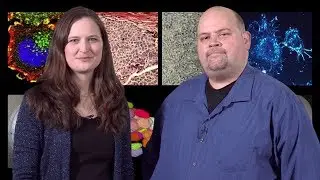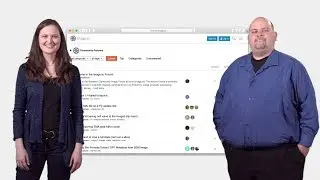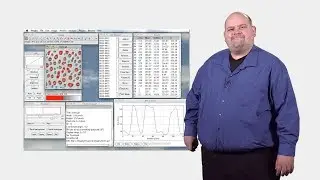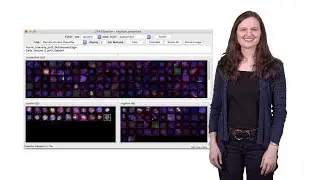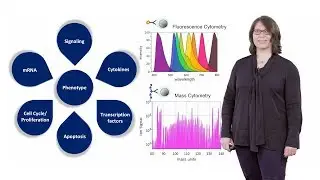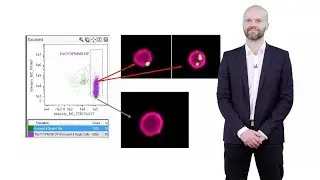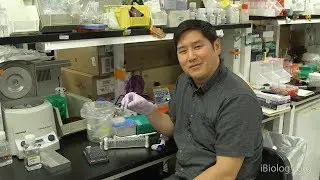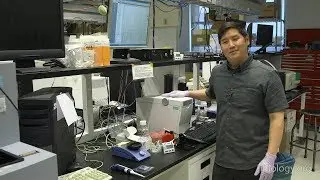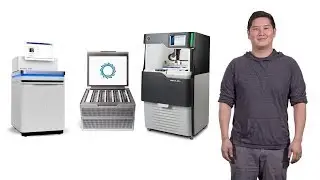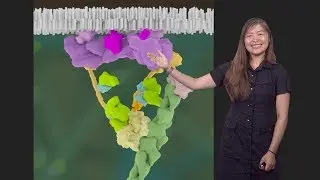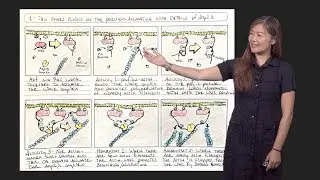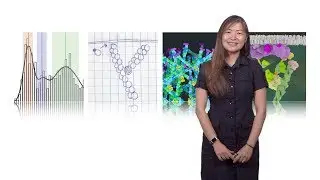Synthetic Biology: An Emerging Engineering Discipline - Timothy Lu
https://www.ibiology.org/bioengineeri...
In his iBiology talk, Dr. Timothy Lu describes how biological circuits, using principles from engineering, can be used as digital (all or none) or analog (continuous spectrum) sensors, and can be programmed in a cell to ‘remember’ an input and pass this memory to the cell’s offspring after it divides. Dr. Lu gives several examples of biological circuits that his lab created that can allow a cell to sense the extracellular environment and give a readable output that can be maintained through subsequent cell divisions. In the future, these types of circuits can be developed as non-invasive diagnostics or therapeutics in humans. Dr. Lu ends his talk by discussing the open challenges facing this area of synthetic biology.
Speaker Biography:
Timothy Lu is an Associate Professor of Biological Engineering and Electrical Engineering and Computer Science at MIT. He is also affiliated with the Broad Institute of MIT and Harvard. Dr. Lu received his undergraduate and M.Eng. degrees from MIT in Electrical Engineering and Computer Science. He then obtained an M.D. from Harvard Medical School and a Ph.D. from the Harvard-MIT Health Sciences and Technology Medical Engineering and Medical Physics Program. His work in the Synthetic Biology Group focuses on the utilization of engineered biological circuits and cellular sensors to tackle infectious diseases and amyloid-associated conditions, and make advancements in diagnostics, therapeutics, and biotechnology. Lu has been awarded many prizes, including the Lemelson-MIT Student Prize, Grand Prize in the National Inventor Hall of Fame’s Collegiate Inventors Competition, and the Leon Redneck Memorial Prize. He was also listed as one of TR35 Top 35 Innovators Under 35 (MIT Technology Review), as a Kavli Fellow by the National Academy of Sciences, and a Siebel Scholar.





